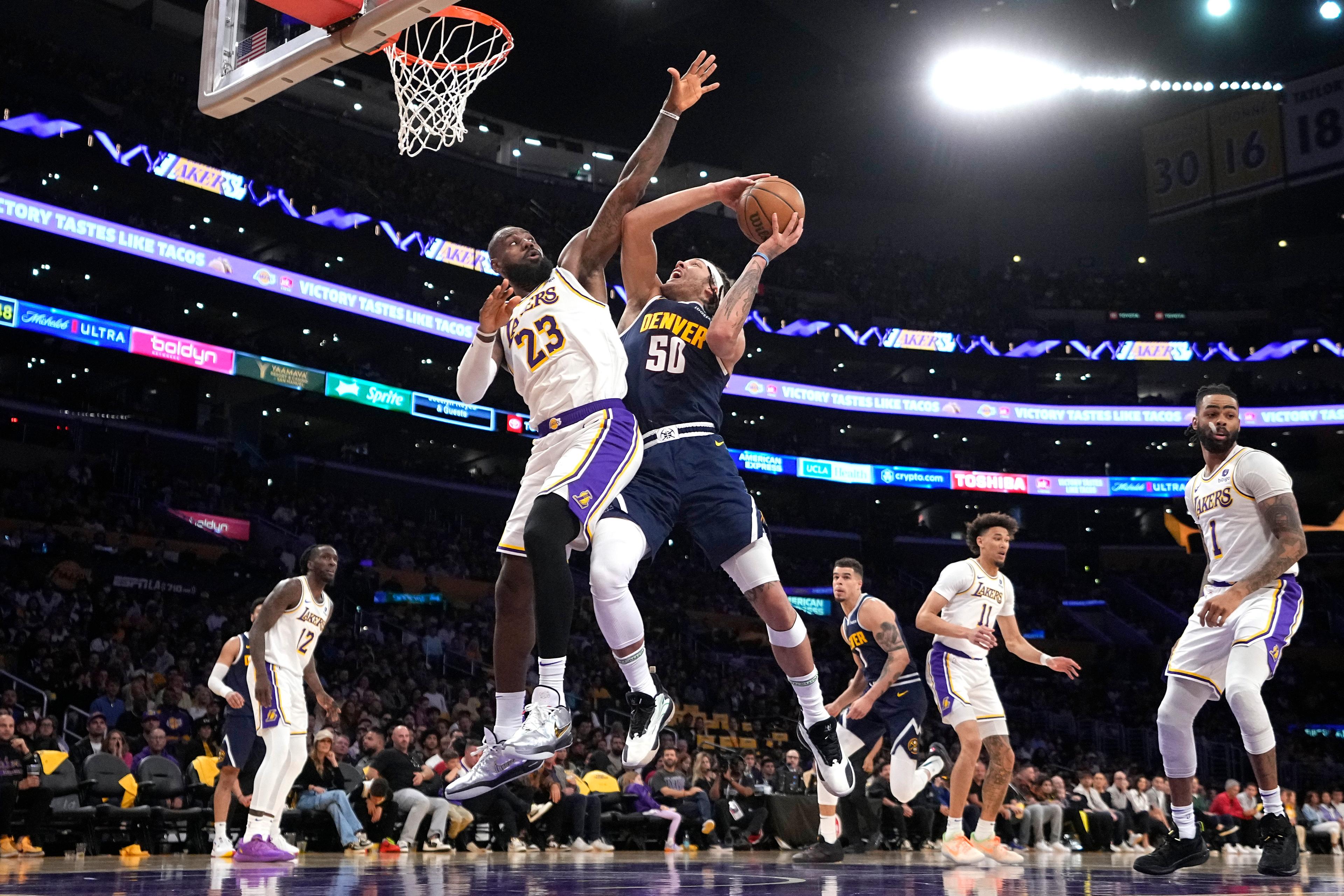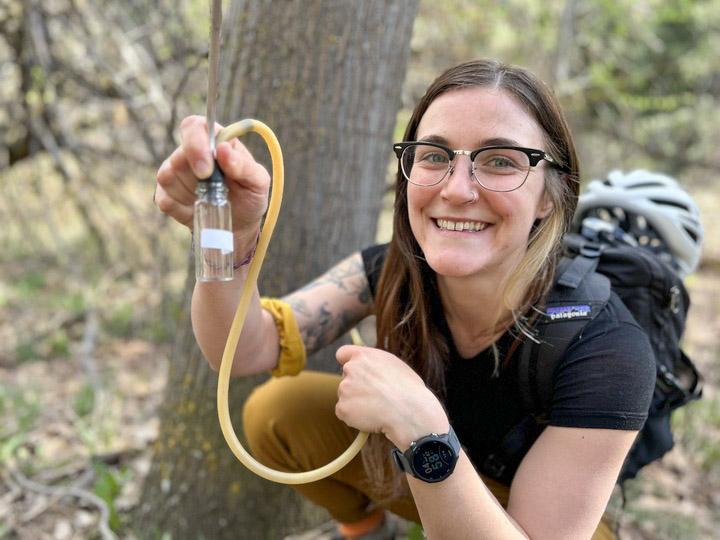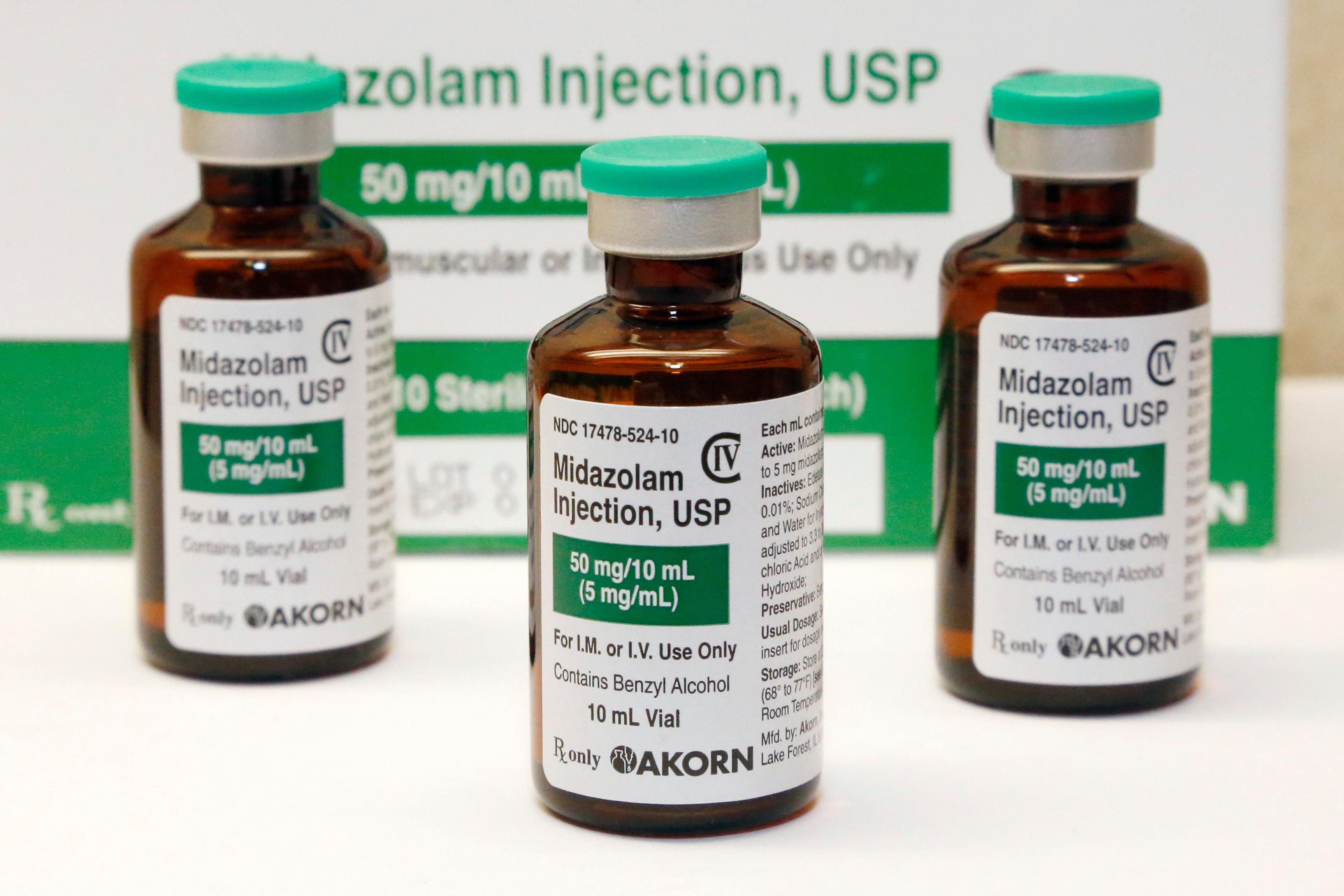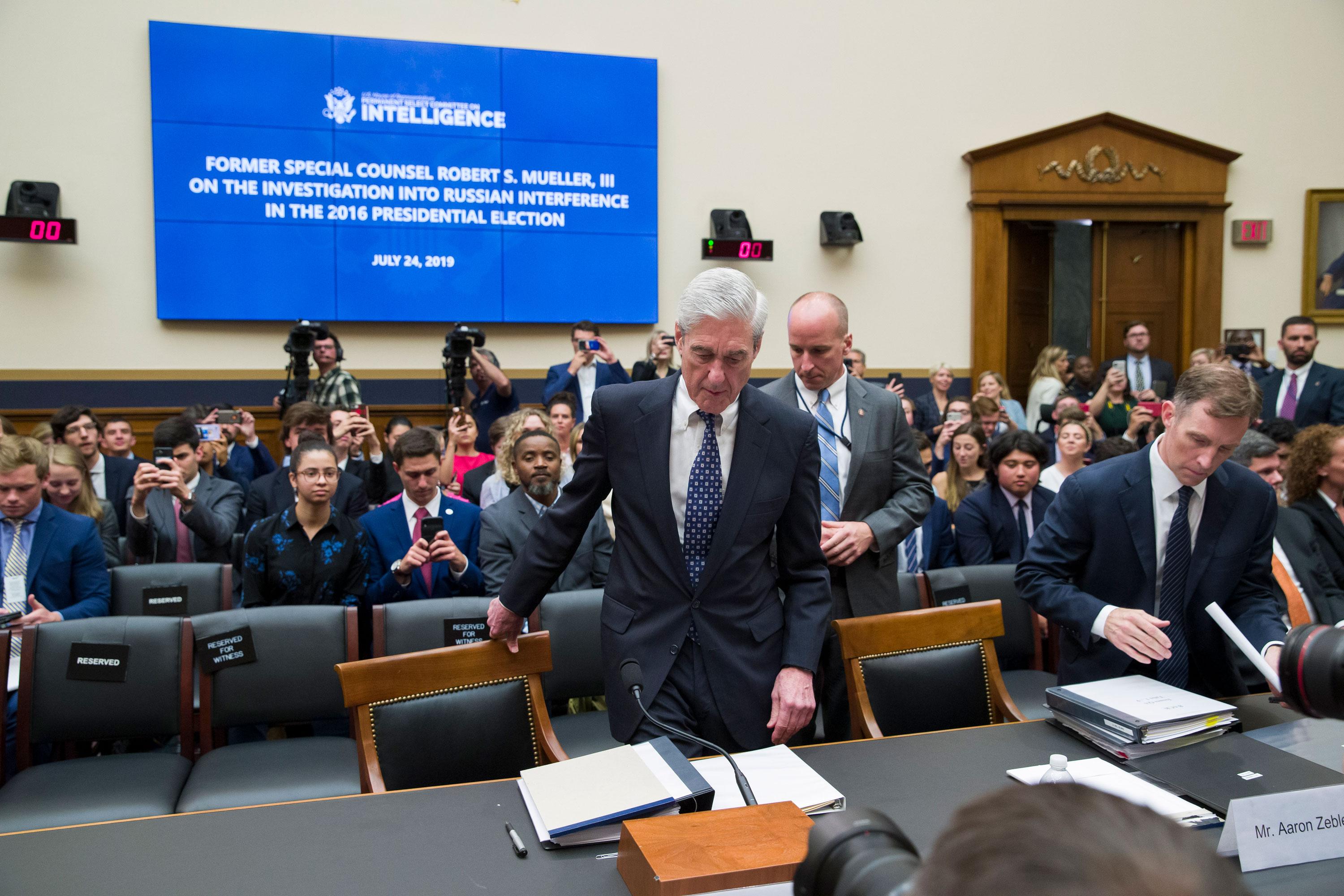
Judd Choate is hesitant to say exactly what's discussed when he and other officials with the Colorado Secretary of State's office meet with the Department of Homeland Security — nor will he provide an inkling as to what's up his sleeve when it comes to security and the best ways to combat election interference.
But it's not hard to miss Choate's confidence that, should some sort of meddling like the kind that took place in 2016, and which former special counsel Robert Mueller indicated is likely to occur in upcoming elections, actually happens, it won't be in Colorado.
"We have all of the built-in protections that make (securing) our systems much easier to accomplish; other states still need to get to that level," Choate, the state's elections director, said in an interview with Colorado Matters. "We were already in a very good spot, and we're pretty vigilant about making sure we're protecting against anything new that arises."
While unwilling to show up the federal government, Choate offers a chuckle when asked if Colorado is indeed "managing up" — showing offices like Homeland Security the best way to go about its business. Choate said nerdy-sounding measures like risk-limiting audits, web-enabled firewalls and multi-factor authentication that are being discussed on a federal level are already in place here.
One bill in Congress seeking to create a model for election security, sponsored by Democratic Sen. (and presidential candidate) Amy Klobuchar of Minnesota, is essentially based on Colorado's system, Choate said.
"Colorado either invented, or was the leader in, each of these areas," he added.
As you might expect, Colorado is proactive when it comes to election security, not only in regards to voting systems but also in attempts to influence elections via social media.
"We monitor what people are saying about Colorado elections. Part of our job is to know what's being said on social media so that if someone is trying spread misinformation, or disinformation, we can be there to combat that," Choate said.
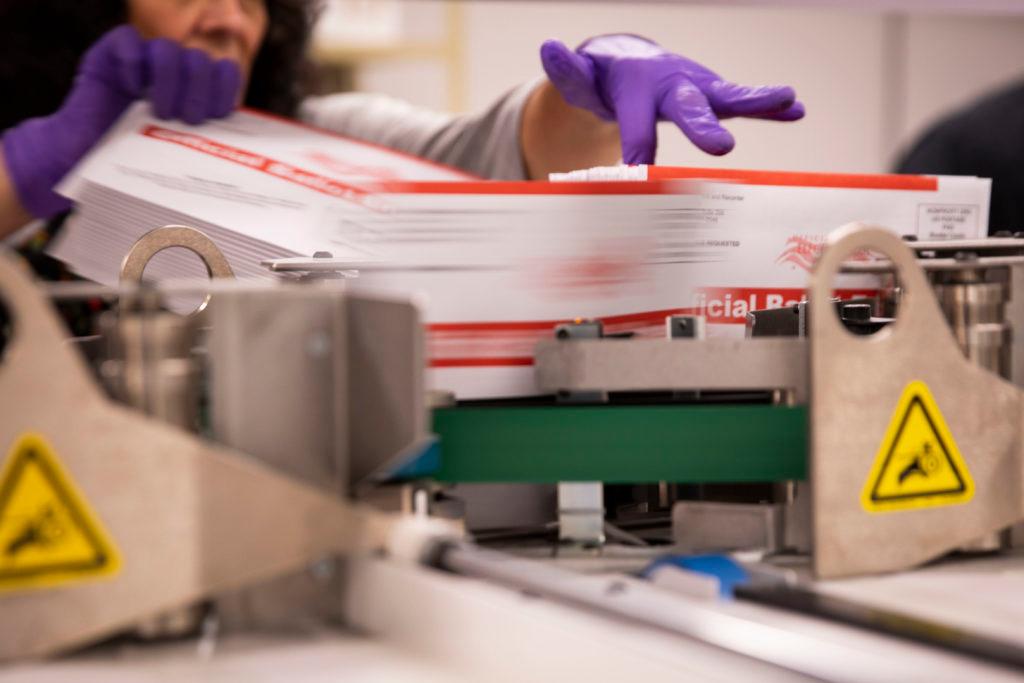
In the 2018 midterm elections, for example, Choate said a fake Facebook page for then-Congressional candidate Stephany Rose Spaulding was created and started spreading false information. The Secretary of State's office worked with Homeland Security to have the page taken down.
That process took about two days. It would happen much faster today, Choate said.
Mueller was charged with looking into Russian interference in the 2016 election. He said in his testimony Wednesday to the House's Intelligence Committee that other countries are now also capable of meddling in U.S. elections.
"We know that there are threats out there and those threats didn't just subside after 2016 — they're real and they're continuing," Choate said. "And Russia isn't the only game in town--that speaks to what we might be receiving in those classified briefings.
"That's where you might hear, 'Russia likes to do this this way, but this other entity does it like that — so be alert for this kind of intrusion attempt and that kind of intrusion attempt,'" Choate said. "That's why we've been so active in attending the briefings."

